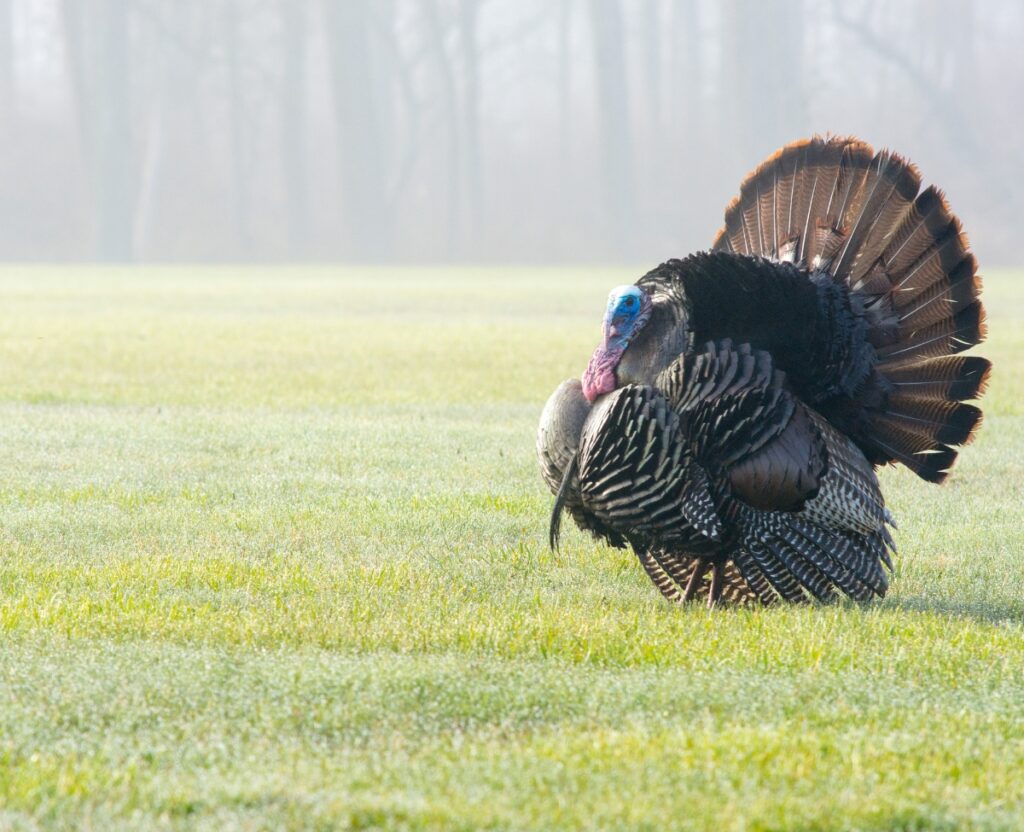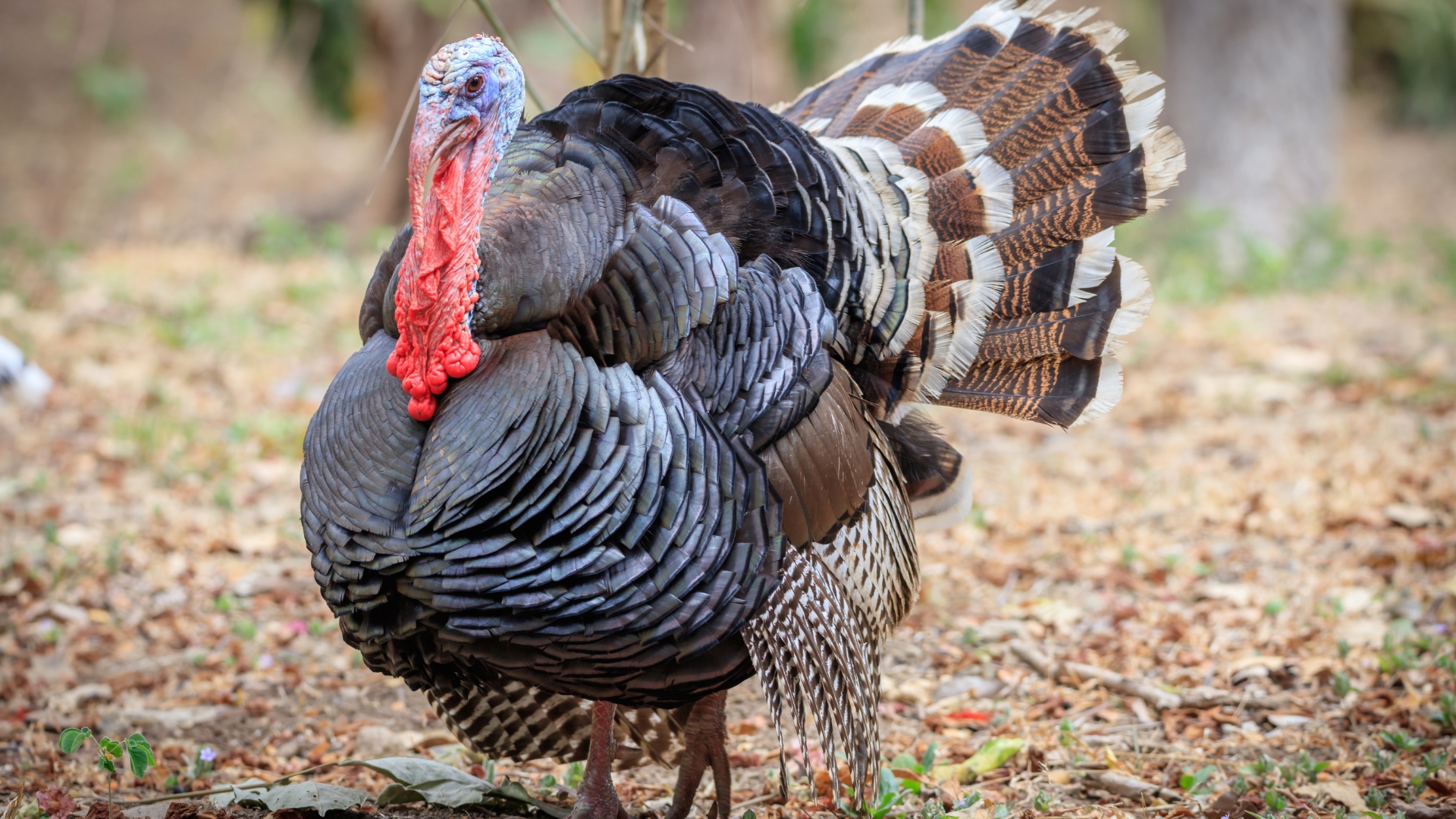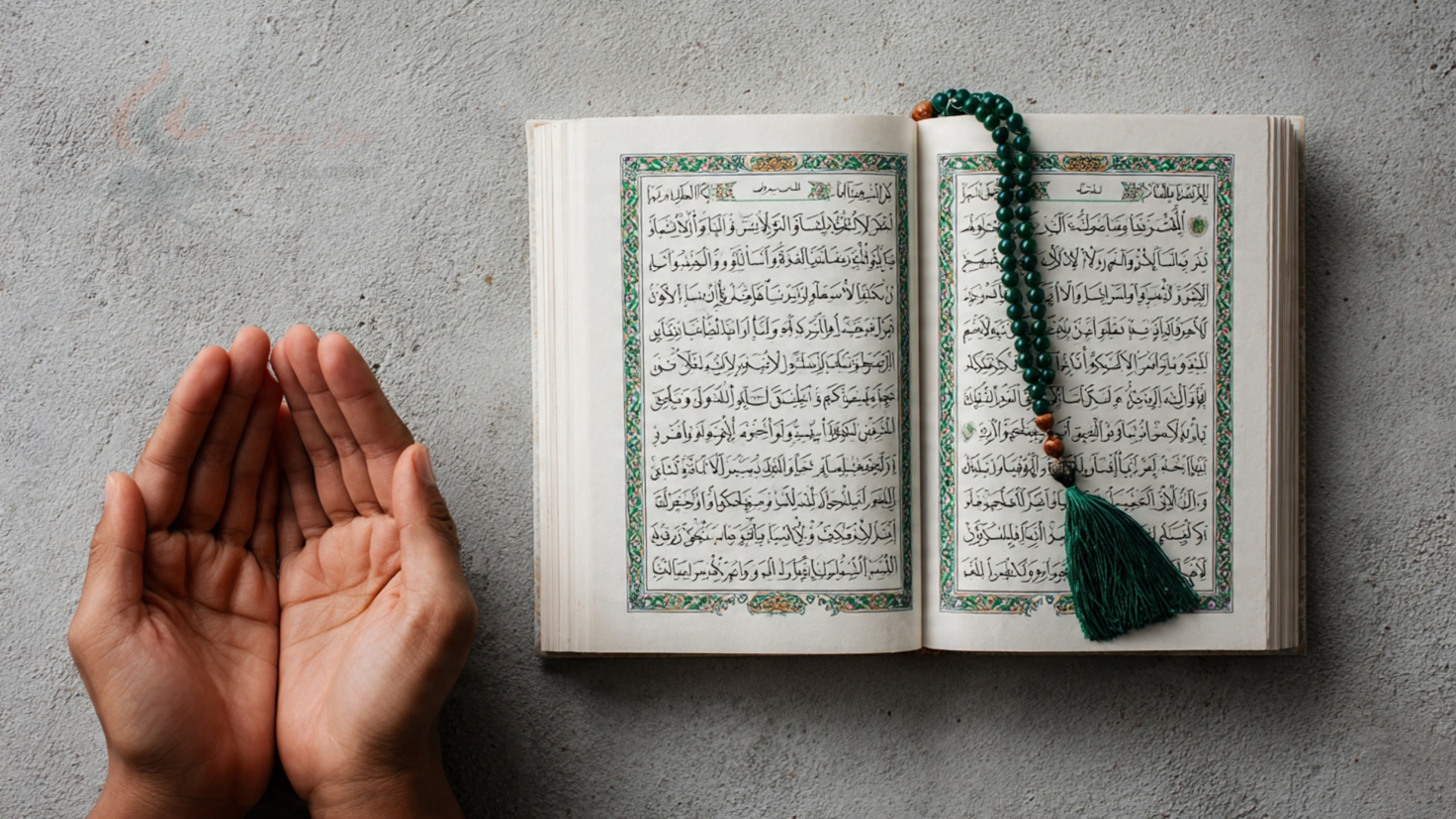Turkey holds a significant place in global cuisine, raising questions about its permissibility in Islam. Halal, meaning “permissible” in Arabic, dictates the types of food and preparation methods allowed for Muslims. Turkey, being a non-predatory bird, is generally considered lawful but must meet specific slaughtering criteria to align with Islamic dietary laws.
Scholars and analysts agree that turkey is permissible when Islamic slaughter guidelines are applied. Therefore, these include a swift and humane process performed by a qualified Muslim. However, concerns arise about industrial processing methods, such as stunning, which need close inspection. Previous studies also emphasize the importance of reliable halal certification to meet these ethical and religious standards.
This topic invites thoughtful exploration of how tradition meets modern demands in food preparation. Understanding halal principles also enriches knowledge of Islamic practices and ensures informed choices. Turkey’s role in bridging cultural and religious divides makes unraveling its halal status both timely and essential.
What Does Halal Mean?
It applies broadly across all areas of life, including finance, business, and, most commonly, food. When focusing on dietary laws, halal defines the types of food permissible for Muslims to consume and the conditions under which it must be prepared.

The Importance of Halal in Food
Halal dietary rules are derived from the Quran and Hadith (sayings and actions of the Prophet Muhammad, peace be upon him). These rules ensure that food is clean, safe, and prepared ethically. Foods classified as haram (forbidden) include pork, blood, intoxicants like alcohol, and meat from animals not slaughtered according to Islamic guidelines.
The Slaughtering Process in Islam
Known as dhabihah, Islamic slaughtering practices are precise and compassionate. For meat to be categorized as halal:
- The butcher must be a sane, practicing Muslim.
- The name of Allah must be invoked before the slaughter with the phrase “Bismillah Allahu Akbar” (in the name of Allah, Allah is the greatest).
- All blood must be drained completely from the animal, as consuming blood is forbidden in Islam.
Birds and Halal Criteria
For birds, such as turkeys, their halal status depends on specific attributes. So, predatory birds with talons or claws used for hunting are haram. However, non-predatory birds like chickens, turkeys, and ducks meet the basic permissibility criteria in Islamic law. Thus, the slaughter process remains a critical factor in their acceptability.
Is Turkey Halal in Islam?
Yes, turkey is halal in Islam by default, provided it meets the conditions of Islamic slaughter. Because, Turkeys are not among the haram animals outlined in the Quran or Hadith. However, the bird must be slaughtered following Islamic practices.
What Makes Turkey Halal or Haram?
Several factors come into play when determining whether turkey meat is halal:
Source of the Animal
Turkeys themselves are inherently permissible. Therefore, they are non-predatory birds, making them suitable for consumption under Islamic rules.
Slaughter Method
Industrial slaughterhouses often use stunning methods, which can raise concerns for some Muslims. Scholars agree that stunning is permissible if:
- It does not cause the bird’s death before slaughter.
- The slaughter itself adheres to Islamic guidelines.
Certification
Halal certification by recognized bodies provides reassurance that the proper practices are followed. It als ensures a level of confidence for those concerned about the authenticity of the process.
Halal Certification and Turkey Meat
Halal certification plays a significant role in confirming whether turkey meat is permissible. Certification bodies thoroughly inspect the entire process, from the farm to the store shelves. Therefore, they verify that each step aligns with Islamic slaughtering, hygiene, and ethical standards.
Key Points Verified in Halal Certification
- The animal’s diet is free of haram substances.
- The slaughter is performed by a qualified Muslim.
- Hygiene and cleanliness are maintained during processing.
- Packaging prevents contamination with haram items.
For consumers in non-Muslim-majority countries, relying on certified halal turkey ensures that they comply with Islamic eating requirements.
Ethical and Cultural Perspectives on Halal Turkey
Halal practices go beyond religious compliance; they reflect a commitment to ethical standards. Islam emphasizes humane treatment of animals. This principle aligns well with modern concerns about sustainability and animal welfare.
Ethical Treatment of Animals
Islam promotes kindness toward animals. Halal guidelines require animals to be treated with care and slaughtered humanely. Overcrowding, stress, and cruelty are discouraged. The turkey’s life, from rearing to processing, must respect these principles.
Cultural Significance
Turkey has become a bridge between cultural traditions and Islamic dietary needs. For example, halal turkey is increasingly featured in Western holiday meals, such as Thanksgiving or Christmas. This reflects cultural adaptation, allowing Muslims to participate in communal traditions while staying true to their faith.
Benefits of Consuming Turkey Meat
Turkey meat has nutritional benefits that make it a popular choice for health-conscious consumers.
Protein-Rich
Turkey provides high-quality protein, essential for muscle growth and repair. It is a lean source of meat, with low-fat content compared to other proteins like beef.
Packed with Vitamins
Turkey is rich in vitamins B3 (niacin) and B6. These nutrients play key roles in brain health, energy metabolism, and maintaining a robust immune system.
Essential Minerals
This meat contains phosphorus, selenium, and zinc, which promote healthy bones, immunity, and cellular repair. Its mild flavor pairs well with various cuisines, making it a favorite ingredient in many households.
Tips for Buying Halal Turkey
To ensure you’re purchasing authentic halal turkey, follow these tips:
Look for Halal Certification
Avoid uncertified turkey that cannot guarantee halal practices. Brands with recognized certification are more reliable.
Read Product Labels
Halal-certified products display clear labels indicating compliance with Islamic slaughter requirements.
Ask Questions
Don’t hesitate to confirm the halal process directly with the store or supplier.
By being mindful of these steps, you can enjoy turkey with complete confidence in its adherence to your dietary requirements.
Halal Turkey in a Diverse World
The growing demand for halal food options reflects the multicultural nature of today’s world. It blends Islamic traditions with broader culinary practices, encouraging inclusivity around shared meals.
Conclusion
Turkey stands as a symbol of versatility, tradition, and adaptability in the culinary world. Its halal status adds another layer of inclusivity, making it a preferred choice for Muslims globally. By ensuring the application of halal guidelines, turkey becomes more than just a meal—it reflects a harmonious blend of faith, ethics, and community. With proper knowledge of halal certification, consumers can make informed and meaningful choices that honor Islamic values. Turkey, when processed the right way, embodies both spiritual nourishment and physical health, ensuring satisfaction for those who value quality and integrity in their food.




